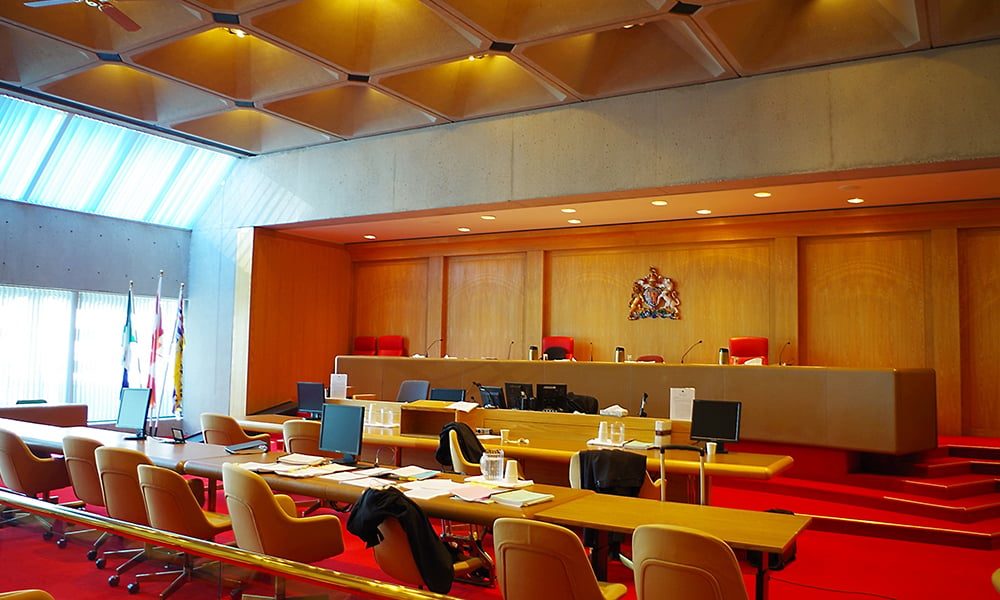If conditions for rescission are all met, remedy is available even if there’s a tax advantage

The Court of Appeal for British Columbia recently affirmed an order granting the rescission of a declaration and payment of dividends to a discretionary trust based on a mistake.
The case of Collins Family Trust v. Canada (Attorney General) involved two trust transactions. The principals of two operating companies retained an accounting firm to establish a plan to protect the corporate assets from creditors without incurring income tax liability. The plan involved the creation of family trusts, with holding companies that purchased shares in the operating companies acting as beneficiaries of the trusts. The trusts would then receive the dividend income from the operating companies.
Under the plan, which attempted to take advantage of the attribution rule in s. 75(2) of the Income Tax Act, the dividend income would be attributed to the holding companies, which would then claim this as a deduction. The net effect, as intended by the plan, was for the retained earnings of the operating companies to move to the trusts without incurring tax liability.
At the time, the Canada Revenue Agency, accountants and lawyers generally shared the view that the attribution rule in s. 75(2) applied as long as the trust held the property, regardless of whether the mode of transfer of the property to the trust was a sale or a gift. Thus, for tax years 2008 and 2009, the operating companies moved forward with their plan to declare the dividends as income of the holding companies, which were then deducted from their returns in accordance with s. 112(1) of the ITA, without tax being paid on the dividends.
However, the decision in the subsequent case of Sommerer v. The Queen held that the attribution rule would not apply if the property was transferred to the trust through a sale, as opposed to a transfer via gift. The CRA eventually issued notices of reassessment for the 2008 and 2009 tax returns.
The Collins Family Trust and the Cochran Family Trust, which are the respondents in this case, asked for a rescission of the transactions leading to and the payment of the dividends to the trusts based on a mistake in a tax context.
The chambers judge granted the rescission. He relied on Re Pallen Trust, 2015 BCCA 222, a case which involved similar factual circumstances, despite his declared opinion that the subsequent decisions of Canada (Attorney General) v. Fairmont Hotels Inc., 2016 SCC 56 and Jean Coutu Group (PCJ) Inc. v. Canada (Attorney General), 2016 SCC 55 had undermined the precedential value of Pallen Trust.
The chambers judge said that, given that the transactions in Pallen Trust were virtually identical to the transactions involved in these proceedings, that case should be considered prima facie applicable and binding. The transactions were considered similar because they all involved a plan geared toward protecting assets from creditors without incurring income tax liability and because they all relied on the same ITA provisions. The chambers judge also said that, considering the prevailing opinion at that time, the CRA would probably not have reassessed the trusts if not for the Sommerer decision.
The B.C. Court of Appeal substantially agreed with the chamber judge’s analysis but held that the Fairmont and Jean Coutu cases did not undermine the principles set out in the Pallen Trust case.
In Fairmont, the parties sought the remedy of rectification based on a mistake, while Jean Coutu involved a similar remedy under the Quebec Civil Code. In those cases, the Supreme Court of Canada found that retroactive tax planning could not be “achieved by rectification (or amendment) of an instrument that correctly records an antecedent agreement, simply because the effect of that instrument produces an unexpected tax consequence.”
However, if the parties seeking the remedy of rectification meet all the conditions for such, then the remedy is available, regardless of whether a tax advantage is achieved. The same is true for the remedy of rescission.
The appeal court emphasized that the Fairmont case did not discuss the test of rescission at all. The equitable remedies of rectification and rescission have different purposes and different effects, so it makes sense for them to have different results, the appeal court said.
The appeal court concluded that Pallen Trust was indeed a binding precedent for these proceedings, which is why the appeal should be dismissed.










